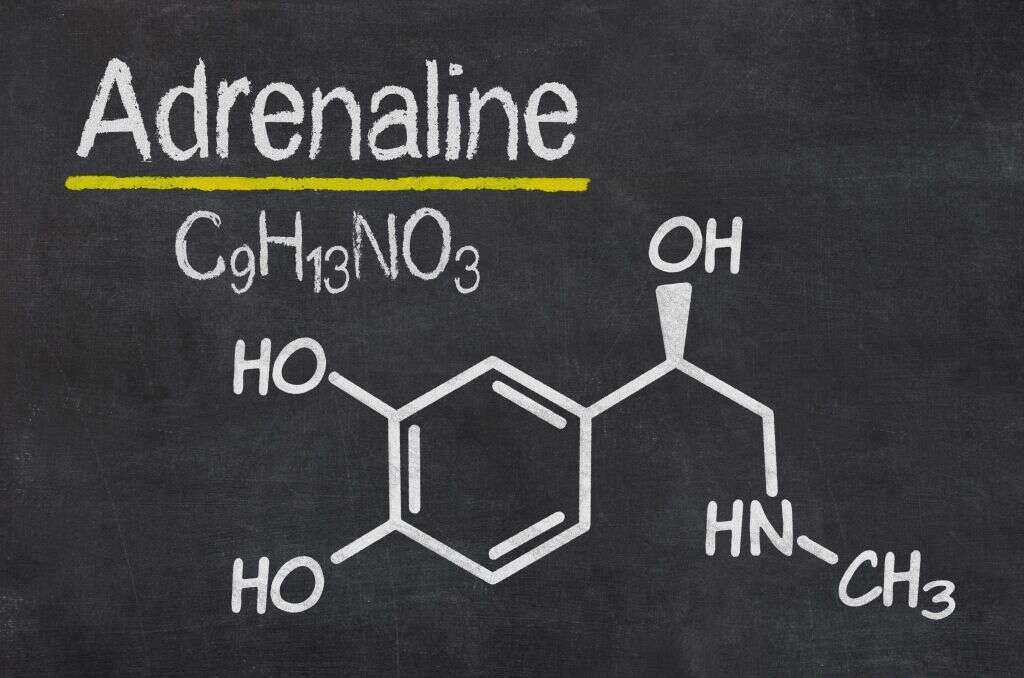What Is Derealization?
6. What Are the Biological Factors That Contribute to Derealization?
There is a chemical component to derealization. When faced with a sudden stressor, the body produces adrenaline. This is normal and healthy, as it boosts the ability to respond quickly to danger through a flight-or-fight response. If the perception of danger is prolonged or consistent, however, the mind can go into overdrive and keep producing the chemicals it thinks it needs to combat the stressor. This can alter the way someone perceives themselves or their surroundings.
A common stress response is a change in breathing patterns. The heavier a person breathes, the more oxygen is delivered to the bloodstream, which can produce symptoms of light-headedness if it goes on for too long. This light-headedness can distort sensory input. If the person notices the change and starts to hyperventilate, it usually compounds the derealization.
Advertisement












